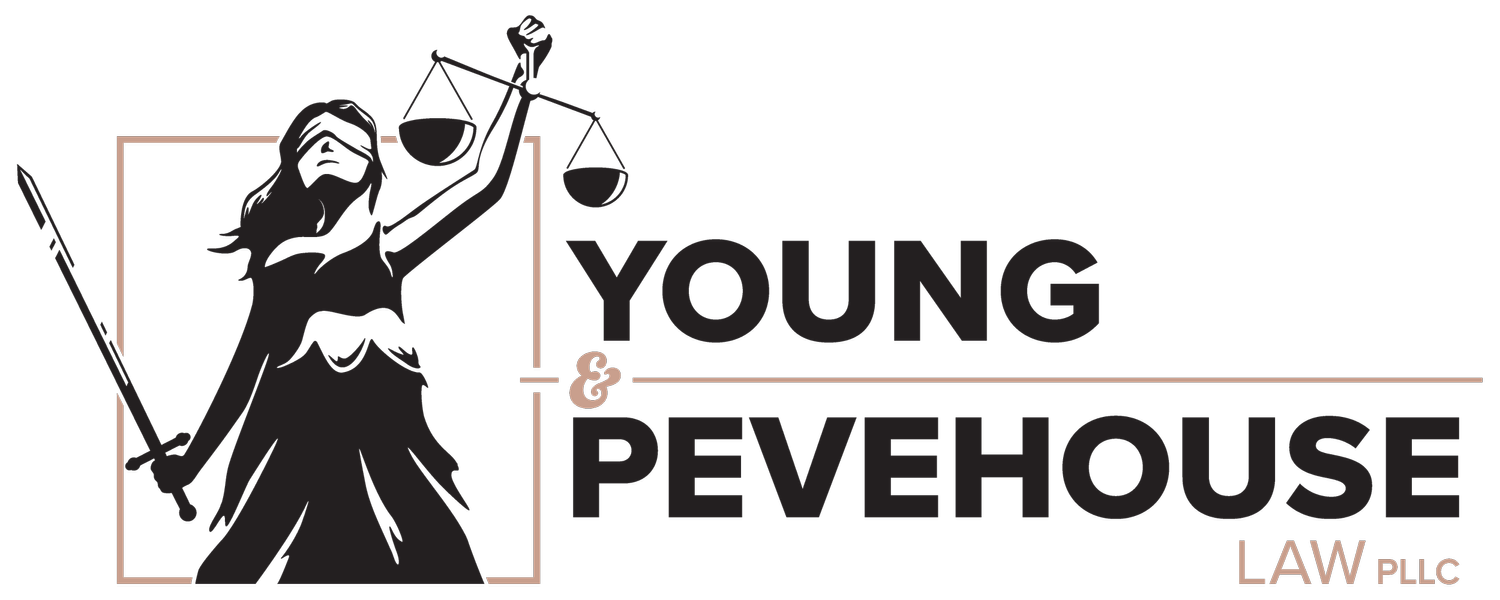Navigating Probate in Minnesota: What You Need to Know
Probate in Minnesota: An Overview:
Probate in Minnesota follows a well-defined legal framework, and while the general process aligns with that of other states, there are state-specific elements that individuals should be aware of. The probate court oversees the administration of estates, validating wills, settling debts, and facilitating the distribution of assets.
Minnesota Probate Process and Timeline:
Understanding the key steps in the Minnesota probate process is crucial for effective estate planning:
Filing the Will: The process begins with submitting the deceased person's will to the probate court in the county where the decedent resided.
Appointment of Personal Representative: The court appoints a personal representative (similar to an executor) to administer the estate. If there is no will, Minnesota law provides a hierarchy for selecting the personal representative.
Inventory and Appraisal: The personal representative compiles an inventory of the deceased person's assets, which may include real estate, financial accounts, and personal property. Assets are appraised to determine their value.
Notice to Creditors: Creditors are notified of the probate proceedings, allowing them a specified period to file claims against the estate.
Debt Settlement and Asset Distribution: Debts and taxes are paid from the estate's assets, and the remaining assets are distributed to heirs or beneficiaries according to the terms of the will or Minnesota intestacy laws.
Costs and Potential Delays in Minnesota Probate:
In Minnesota, the costs associated with probate include court fees, legal fees, and potential fees for the personal representative. The timeline for probate can vary, and factors such as the complexity of the estate and any disputes can contribute to potential delays.
Minnesota-Specific Strategies to Minimize Probate Impact:
Use of a Revocable Living Trust: Establishing a revocable living trust allows assets to bypass probate, providing a smoother transfer to beneficiaries.
Joint Tenancy: Minnesota recognizes joint tenancy with the right of survivorship, allowing assets like real estate to pass directly to the surviving joint owner without going through probate.
Minnesota Small Estate Procedures: For smaller estates, Minnesota offers simplified probate procedures, streamlining the process and reducing associated costs.
Homestead Exemption: Understanding Minnesota's homestead laws is crucial, as the homestead may be exempt from certain creditors during the probate process.
Conclusion:
Navigating probate in Minnesota requires a nuanced approach, considering both the state's legal framework and individual circumstances. In our next segment, we'll delve into the broader benefits of having an estate plan in Minnesota, exploring the unique considerations that residents of the state should keep in mind. Stay tuned as we continue to demystify estate planning, providing you with the knowledge and tools to navigate the specific landscape of Minnesota.

